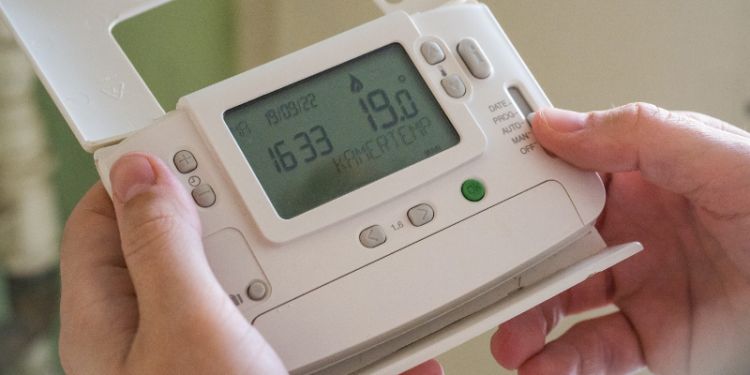'Unheard' communities call for 'win-win' solutions to tackle cost of living crisis and climate change

People from disadvantaged and minority communities don’t feel heard by politicians – and need urgent help to deal with the cost of living crisis, research has found.
A research pilot into how the public viewed the cost of living crisis and climate policies found that ‘unbiased information’ was missing from public life and people don’t feel they are consulted about important issues.
Professor Sarah Irwin of the School of Sociology and Social Policy and Dr Lone Sorensen, a lecturer in the School of Media and Communication, ran discussion groups to explore how the public interpret and engage with different messages.
Working with citizens from economically disadvantaged communities, people with disabilities and minority ethnic groups, the project, supported by funding from the University of Leeds Research and Innovation Services Net Zero Challenge Workshop, examined their views about climate policies in relation to the cost of living crisis and rising energy bills, and how people viewed political campaign messages about how and when to act on climate.
People felt that not only unbiased information but also substantive dialogue is missing in public life. They generally welcomed debate and deliberation on issues but did not feel that politicians were listening to them. Specifically, people don’t feel consulted on the big issues like climate change.
The sessions also found that people see climate and cost of living concerns as overlapping – and linked to wider social justice issues and the need to listen to ‘ordinary people’ currently struggling.
However the urgency of rising bills led to calls for immediate action on the cost of living crisis – with some saying struggles with rising costs eclipsed concerns about climate.
One participant said: “…anybody that’s struggling with their energy, that’s living in poverty, they’d love to care about [Green Party priorities]. They don’t, they care about putting food in their kids’ mouths, making sure they’re clothed.”
Participants were also critical of political ‘performances’, and called for transparent climate communications that connects to ‘what matters’ in their everyday lives.
People want and need help now, even if they appreciate the need for thinking ahead, so climate communications should focus on short-term gains while not losing sight of longer-term strategic priorities. They should address climate action and immediate cost-of-living issues with ‘win-win’ solutions.
To read the full report from the pilot project, visit the Centre for Research on Families, Life Course and Generations (FLaG) website.
Image via Unsplash/Arthur Lambillotte.




